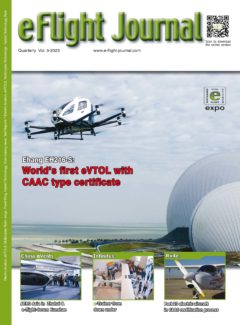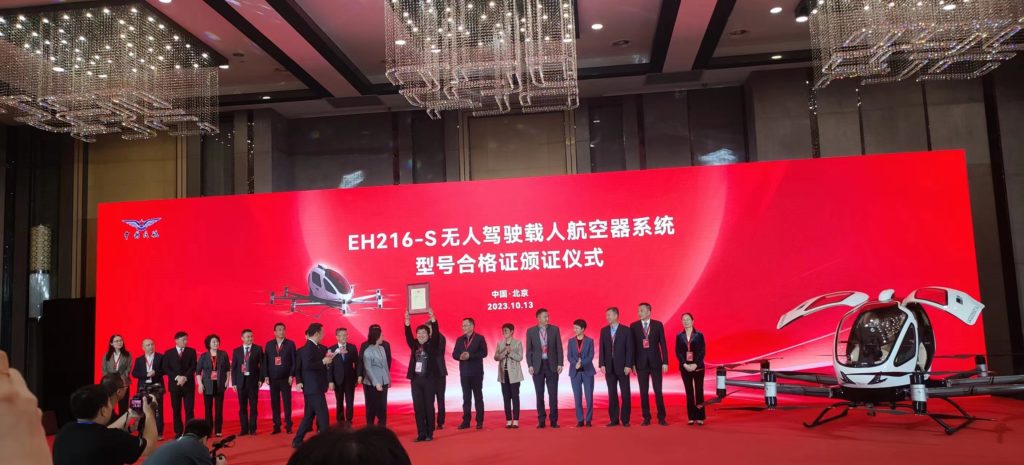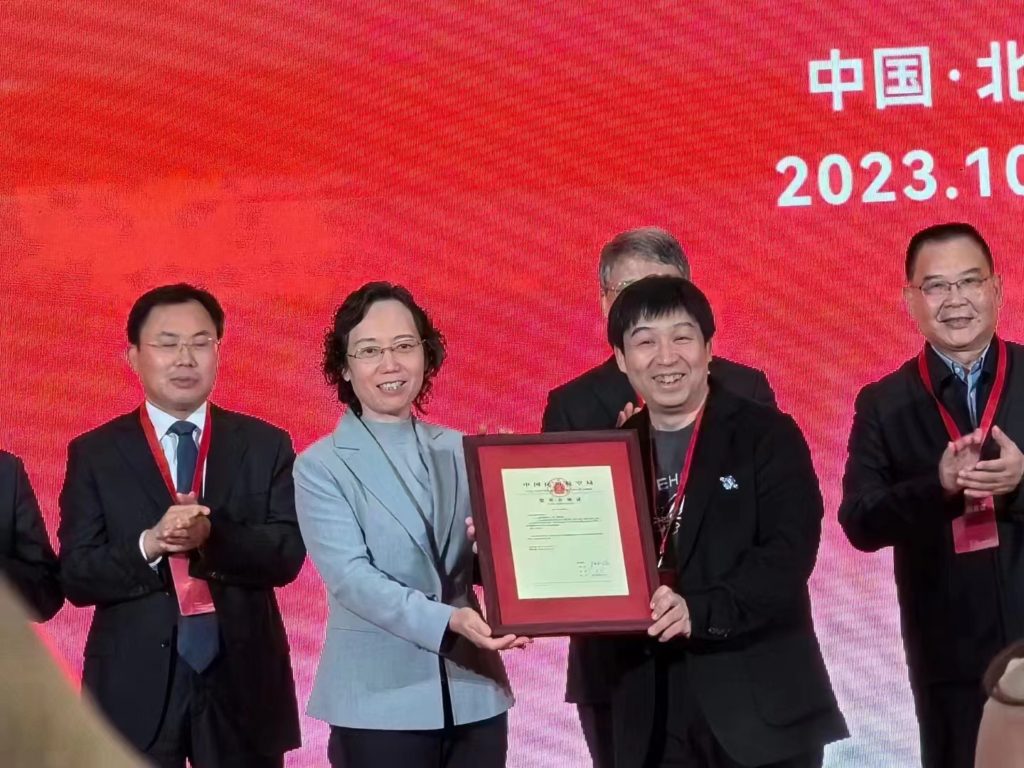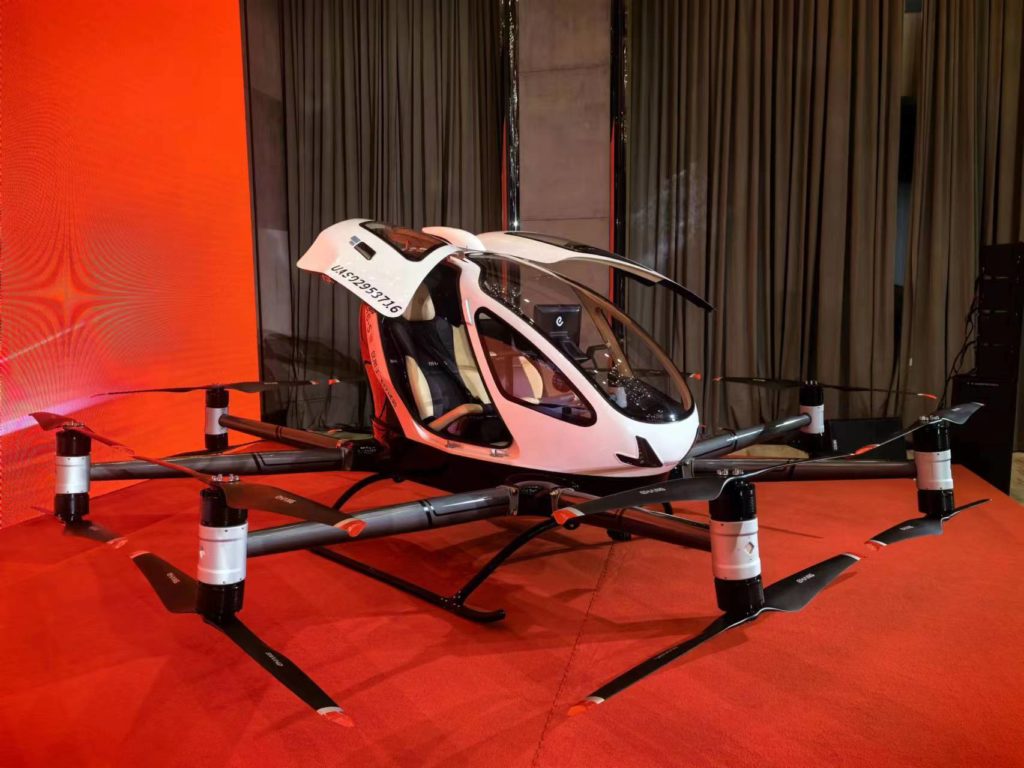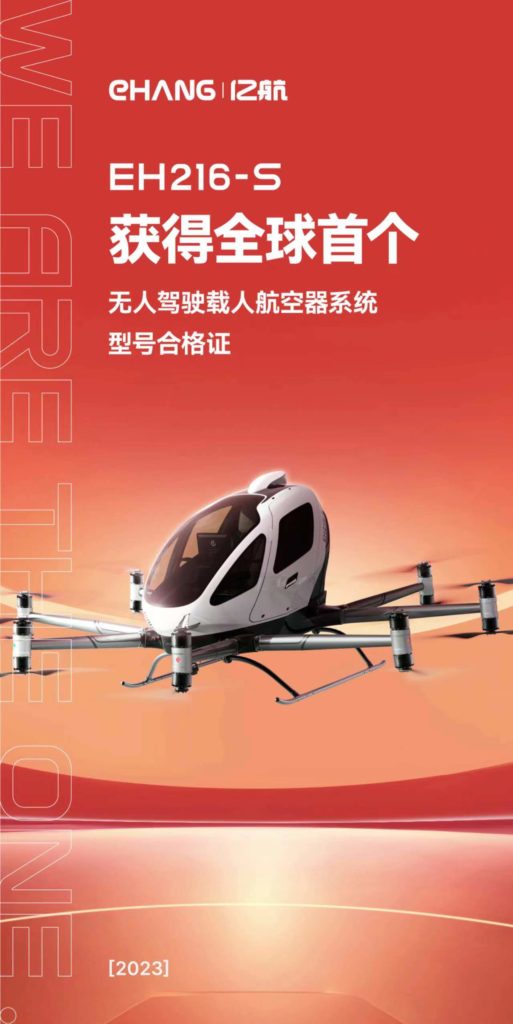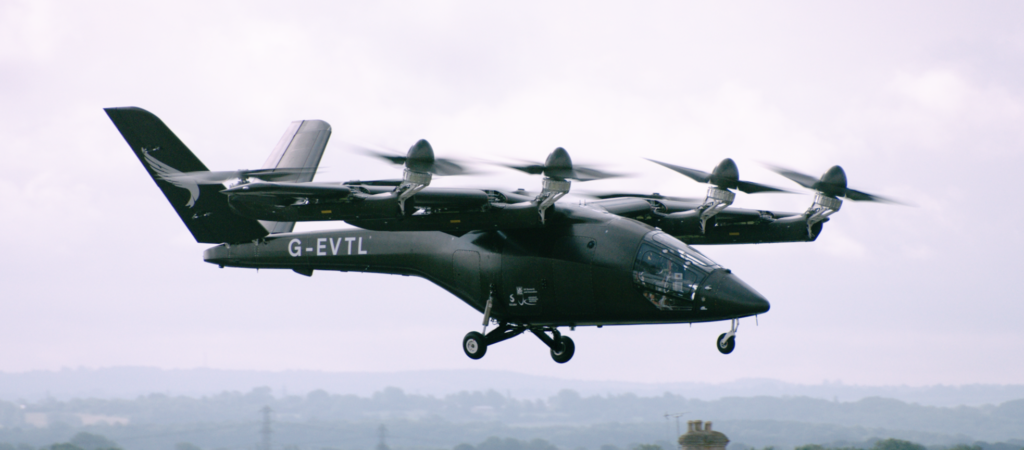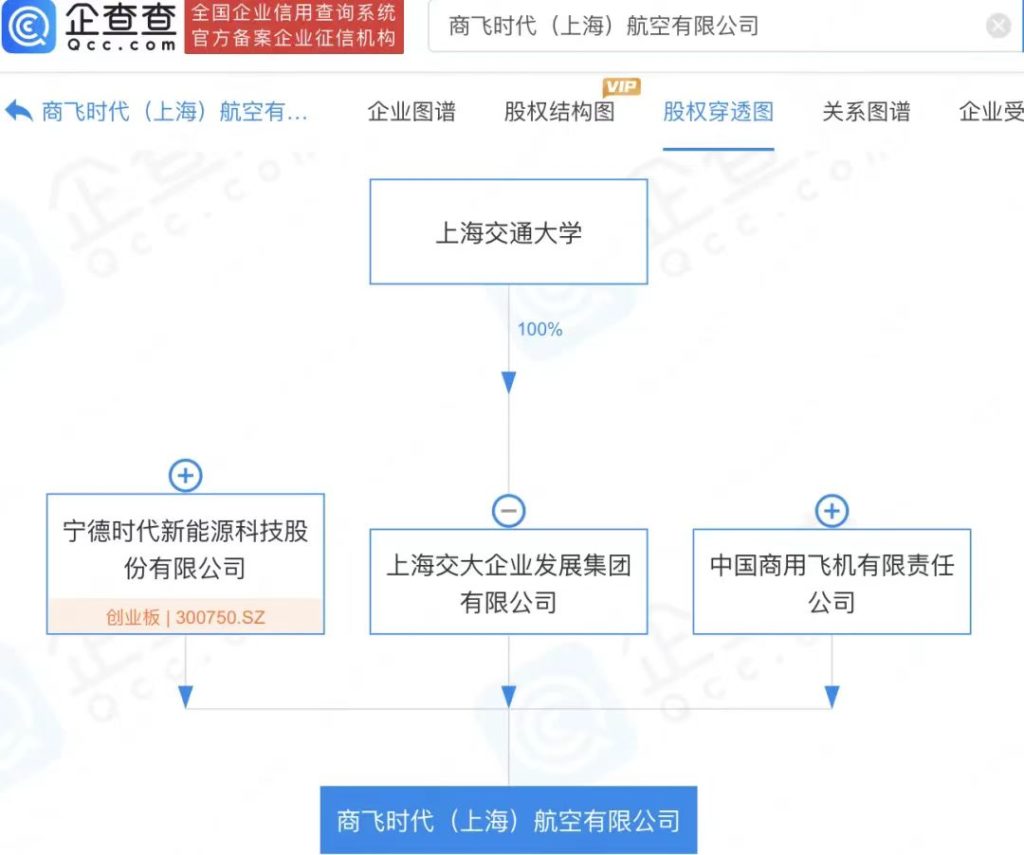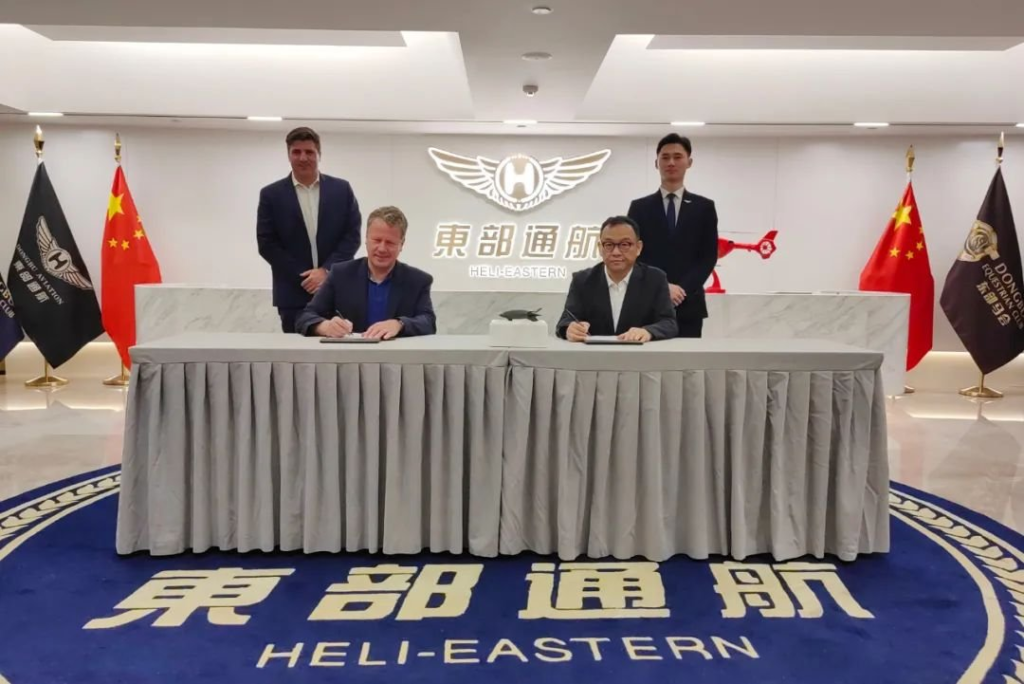On January 23, the GoFly competition, initiated and sponsored by Boeing, released a teaser video indicating that a new round of competition will begin, this time probably for air rescue scenario. Details will be announced on the GoFly website later. For more details: What’s Next – GoFly Prize GoFly Prize

Boeing launched the GoFly personal aerial vehicle competition in September 2017 to encourage design of innovative vertical takeoff and landing aircraft. The inaugural competition was designed for personal use with the following basic requirements: safe, quiet, ultra compact, single-seater, range of not less than 20 miles (32 km), vertical take-off and landing (VTOL) or near-vertical take-off and landing. The rules of the competition are detailed at:
https://www.herox.com/GoFly/guidelines
The first GoFly competition attracted more than 800 design teams and more than 3,600 members from more than 100 countries according to GoFly website. The total award of the competition was 2 million US dollars, including 1 million US dollars for the first place, 100,000 US dollars for the “disruption” special prize sponsored by Pratt & Whitney, 250,000 US dollars for the quietest model and 250,000 US dollars for the smallest model that meets the technical requirements of the competition.
In February 2019, Boeing selected 40 Phase 1 winning teams, and in March 2020, five Phase 2 recommended teams were selected, each receiving $50,000 in prize money for that phase, followed by the third phase of the most difficult prototype construction and test flight. On February 29, 2020, Boeing held the inaugural final round of the competition in San Francisco. It is worth mentioning that since 2020 is a leap year, February 29 is a leap month, and February 29 in English is “leaping day” which exactly reflects the purpose of the GoFly competition.
Since none of the aircraft designs that made it to the inaugural GoFly finals did not meet the above requirements, none of them were eligible for the million-dollar prize, and only the design of the TeTra team from Japan won the $100,000 “Disruption” award sponsored by Pratt & Whitney. After the first competition, a number of participating teams began their entrepreneurial journey.
